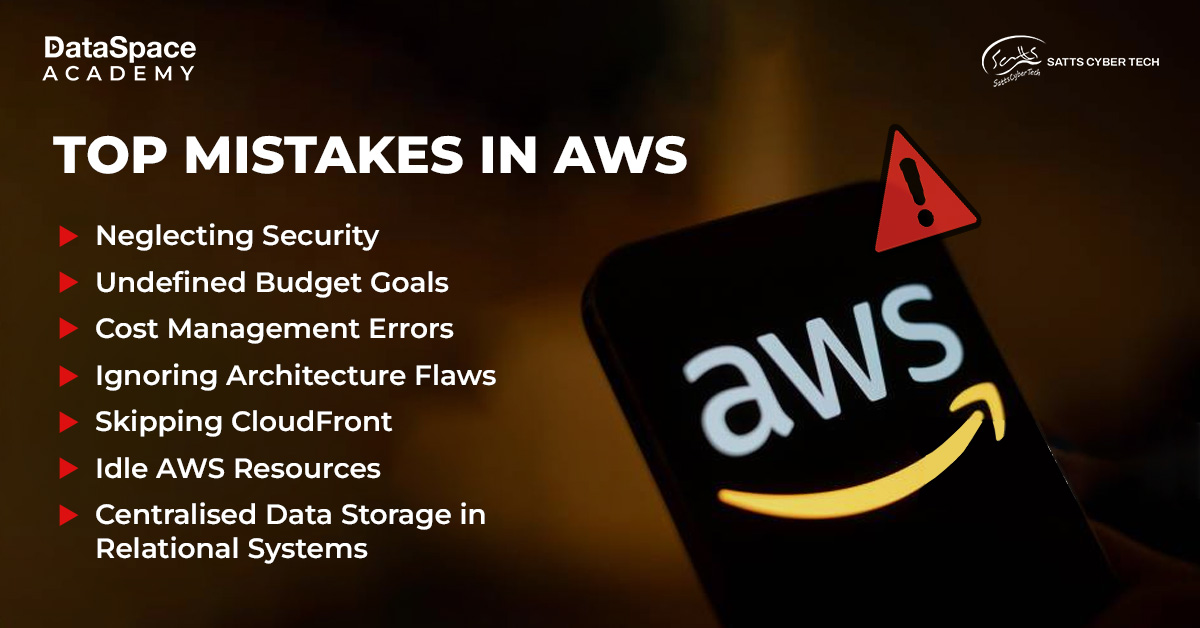When it comes to creating scalable tech solutions and applications, nothing can match the supreme AWS convenience. Though the convenience is unmatched, cloud professionals often stumble upon
aws mistakes to avoid that can hinder cloud performance. From underestimating the IAM policies to neglecting cost optimisation tools, even such smaller missteps can cause bigger setbacks.
This blog uncovers the most frequent
aws common mistakes and fixes, ensuring you are able to maximise efficiency, security, and scalability in your cloud journey. Stay ahead by learning from these pitfalls and implementing best practices to keep your AWS environment secure, cost-effective, and high-performing.
Let’s dive in!
Let’s discuss the standout features of AWS that make it the undisputed name in the current highly competitive cloud computing market.

Whether you are a pro or a beginner in AWS, mastering certain tricks can help save your project from inevitable pitfalls. So, here we present a solid compilation of mistakes to avoid
vulnerabilities of aws:
 Whether you are a pro or a beginner in AWS, mastering certain tricks can help save your project from inevitable pitfalls. So, here we present a solid compilation of mistakes to avoid vulnerabilities of aws:
Whether you are a pro or a beginner in AWS, mastering certain tricks can help save your project from inevitable pitfalls. So, here we present a solid compilation of mistakes to avoid vulnerabilities of aws:
